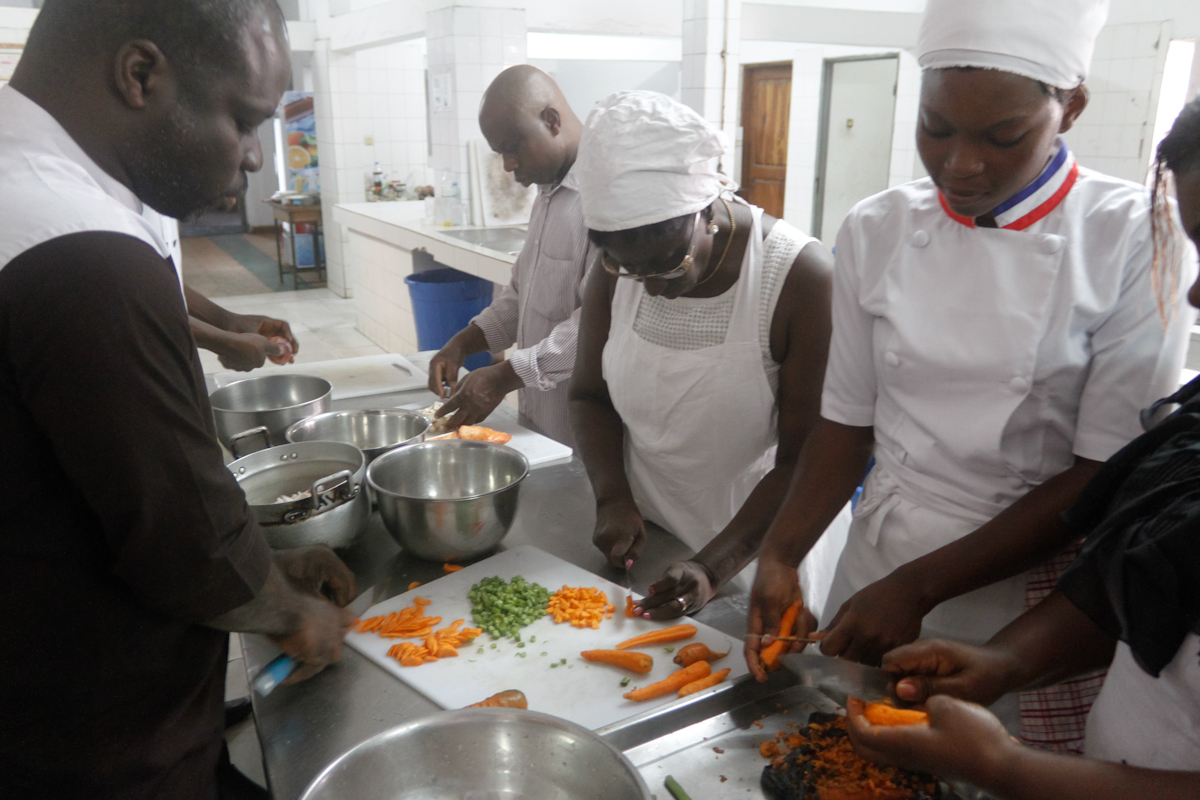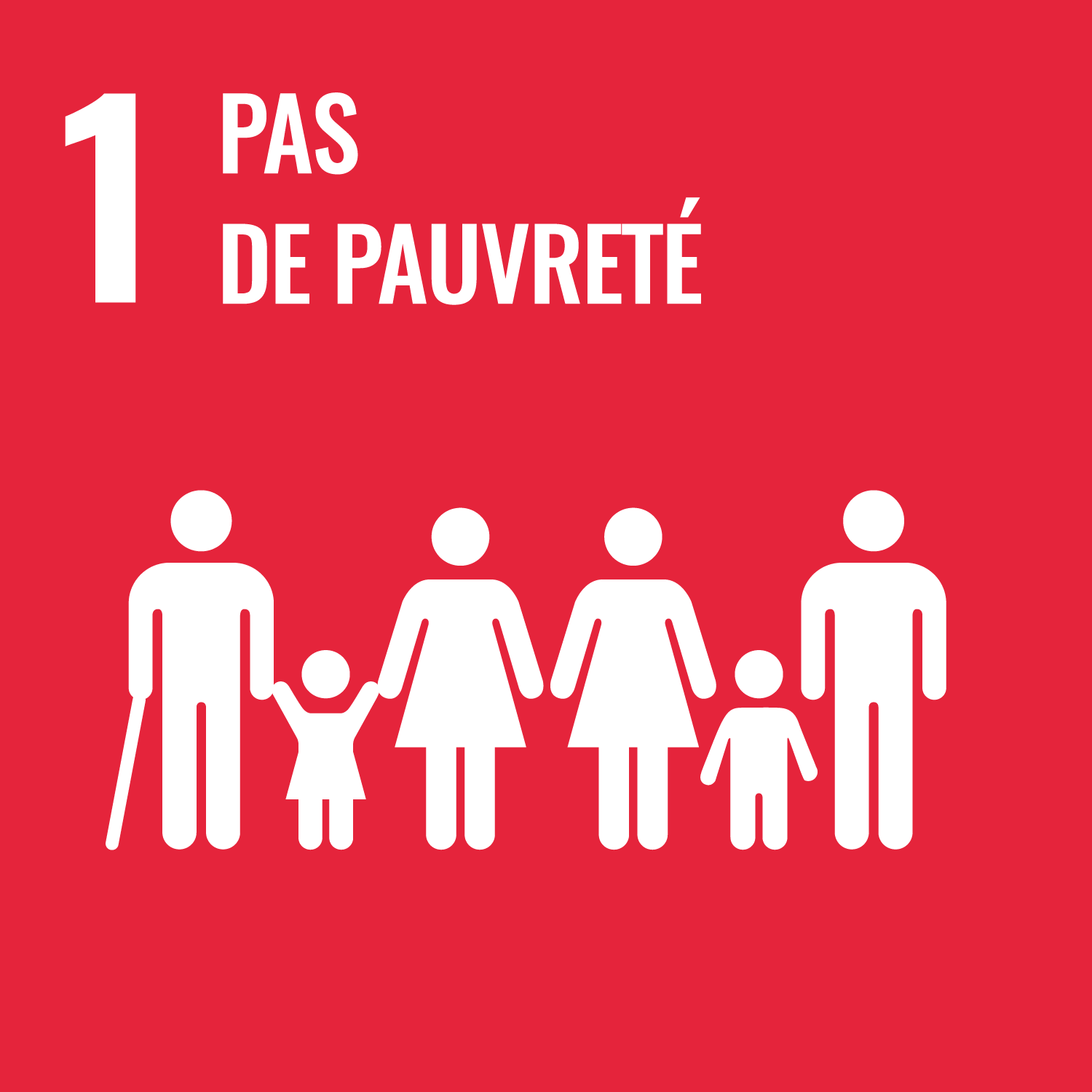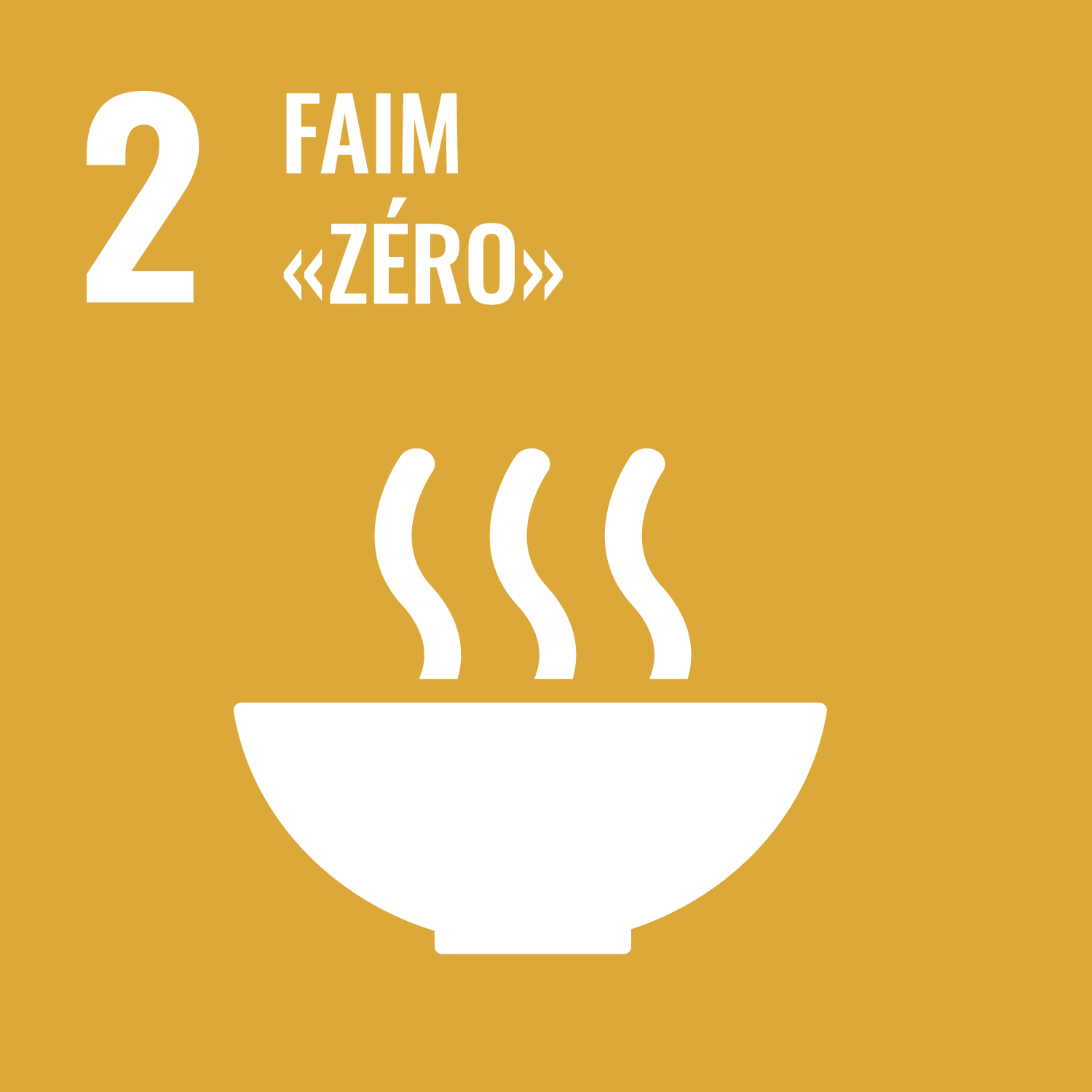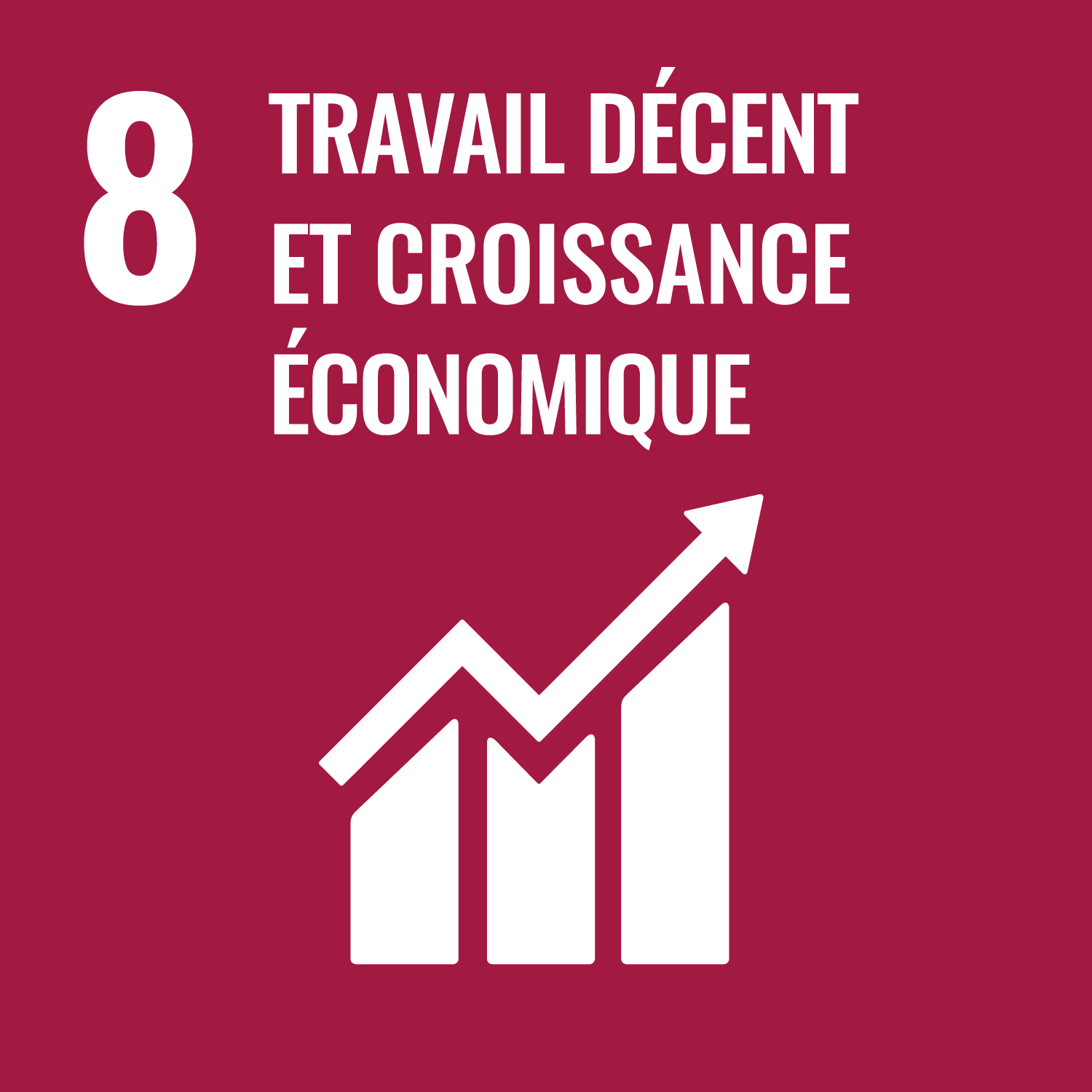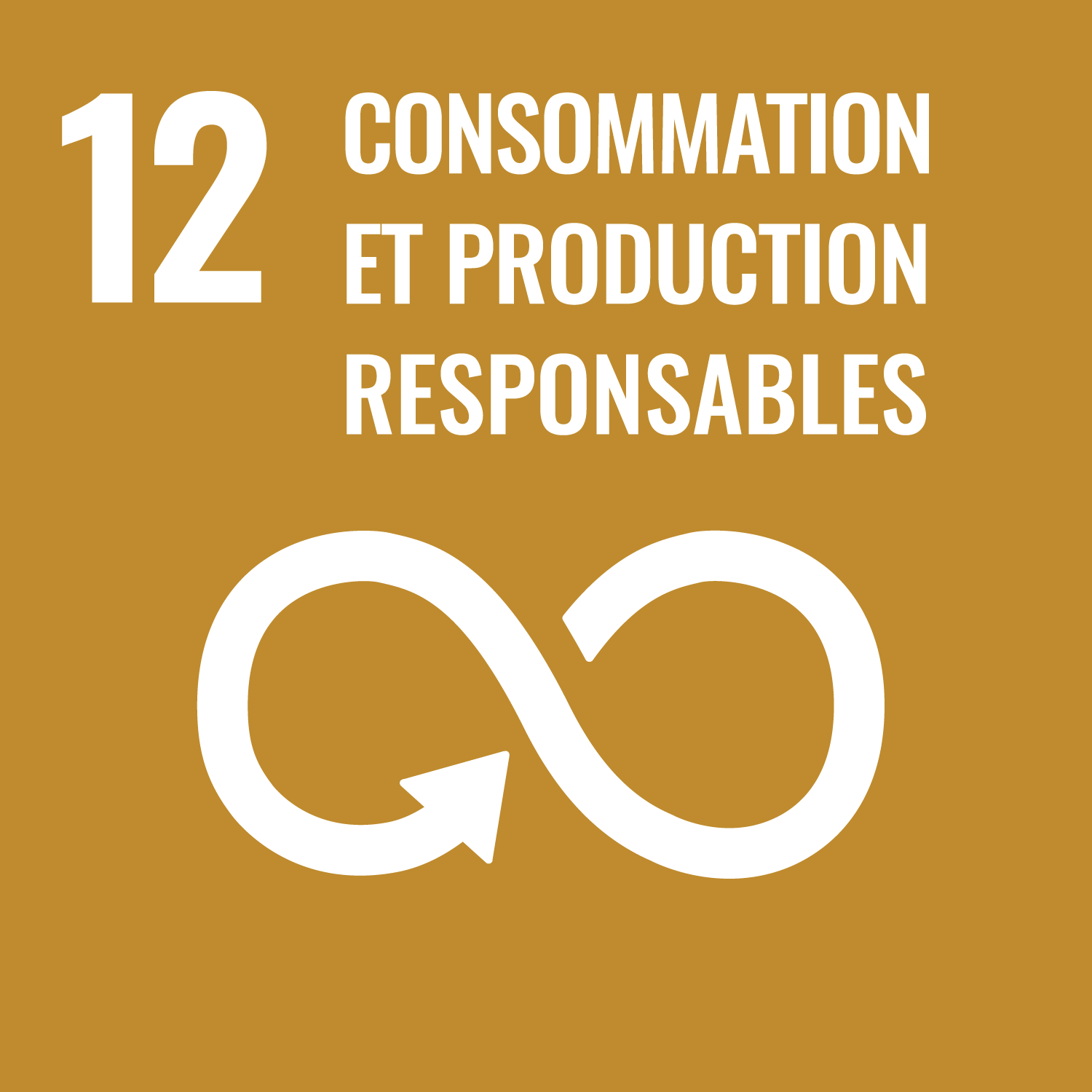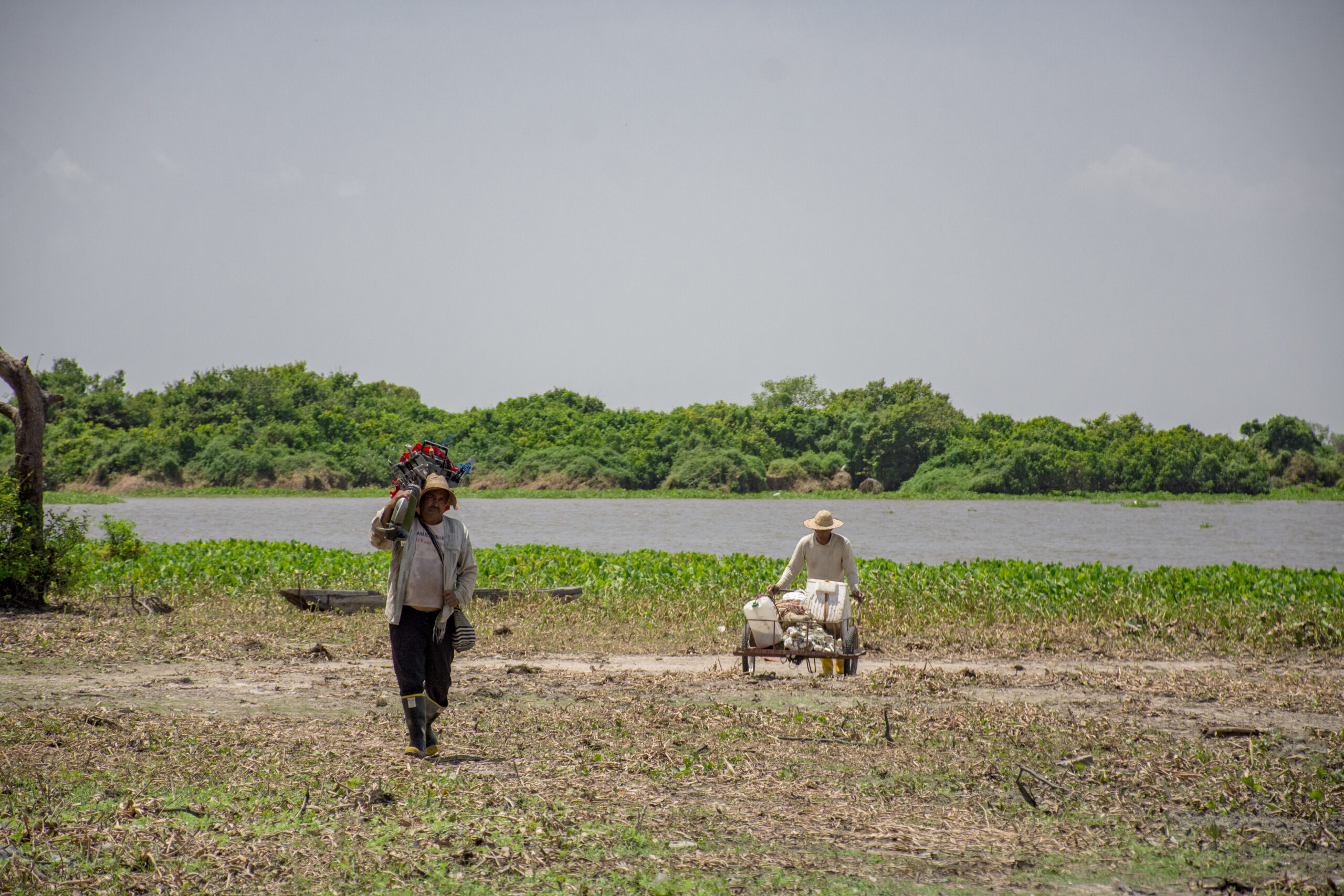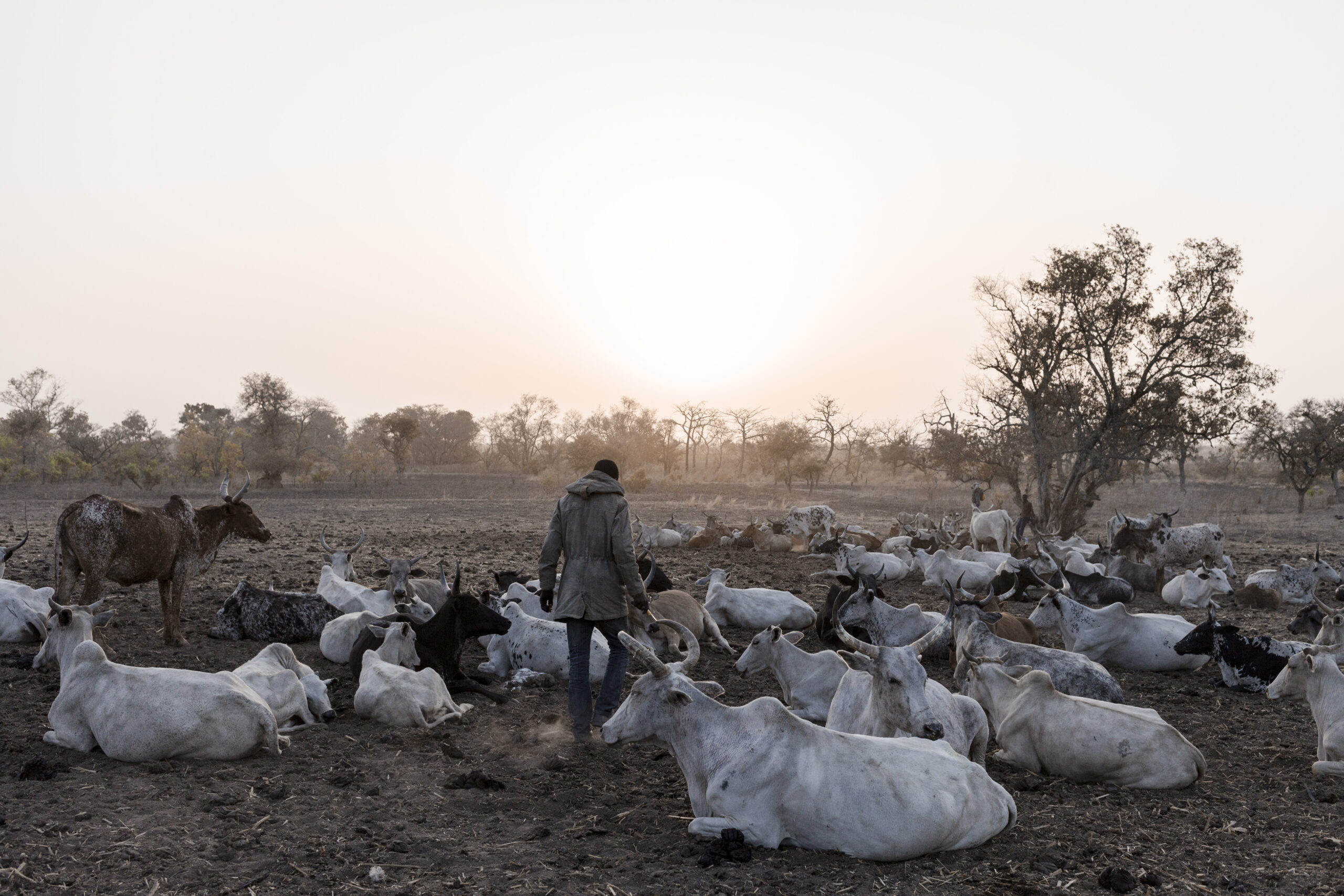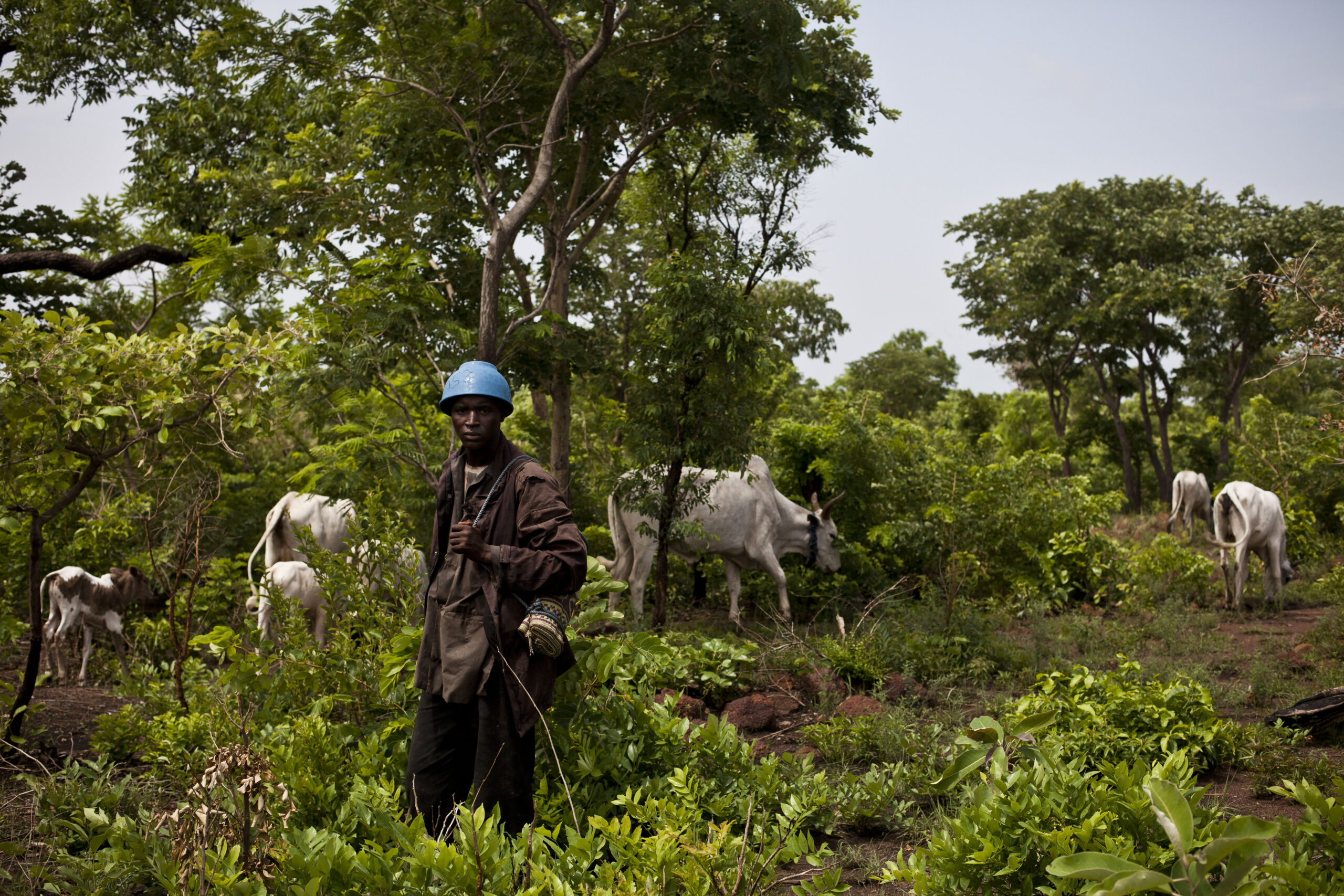Supporting 1,200 producers and 600 processors
In Togo and Benin, agriculture contributes roughly 35% to GDP and employs at least two-thirds of the active population. Still, many producers live below the poverty line, and three-quarters of families suffer from chronic malnutrition and go through at least one period of shortage during the year. Despite the relative availability of food products, some of the population does not have access to them because of issues regarding accessibility, availability and quality.
Post-harvest losses are sometimes substantial, owing to a lack of commercial outlets for surplus production. Also, weak promotion of local products and high competition from imported substitute foods are hindering the development of local production. As cities continue to expand rapidly and as higher demand from urban consumers alters relationships between rural and urban areas, family farming needs to become more capable of feeding cities through local production.
Project overview
This project promotes local initiatives in Togo and Benin to improve access to food through viable and sustainable family farming, and to build on and share past experience in order to persuade decision-makers to include these issues in public policies.
The project focuses on providing post-harvest support in agricultural sectors. It will carry out a series of innovative actions to identify commercial outlets for small, local agrifood companies, as well as measures to encourage decision-makers to become more involved in promoting local products. All of the target innovations aim to reach the greatest number of middle-income and poor consumers in urban and rural areas, with a particular focus on catering. The project will experiment with several different types of catering partnerships (private/public) in Togo (Lomé) and Benin (Collines department), encourage greater dialogue between partners (particularly with joint local-authority organisations) and build on the results of those innovations.
Objectives
- promote local initiatives in Togo and Benin to improve access to food through viable and sustainable family farming, and to build on and share past experience in order to persuade decision-makers to include those issues in public policies;
- promote local products and foods through catering, and carry out innovative concrete actions to ensure that urban and rural consumers have access to them;
- encourage public authorities at local and national level to get more involved in food policy;
- encourage actors to share knowledge with one another about public purchasing of local products through concrete actions.
Key figures and results
- 1,200 producers in Togo and Benin (40 producer groups);
- 600 processors in Togo and Benin (40 processing facilities);
- 270 restaurateurs: 100 female street-food vendors in Benin;
- 150 restaurateurs or 20 restaurants in Benin and 20 restaurateurs in Lomé;
- 20 female shopkeepers supported in Benin;
- 140,000 consumers: 65,500 in Togo and 75,500 in Benin.
